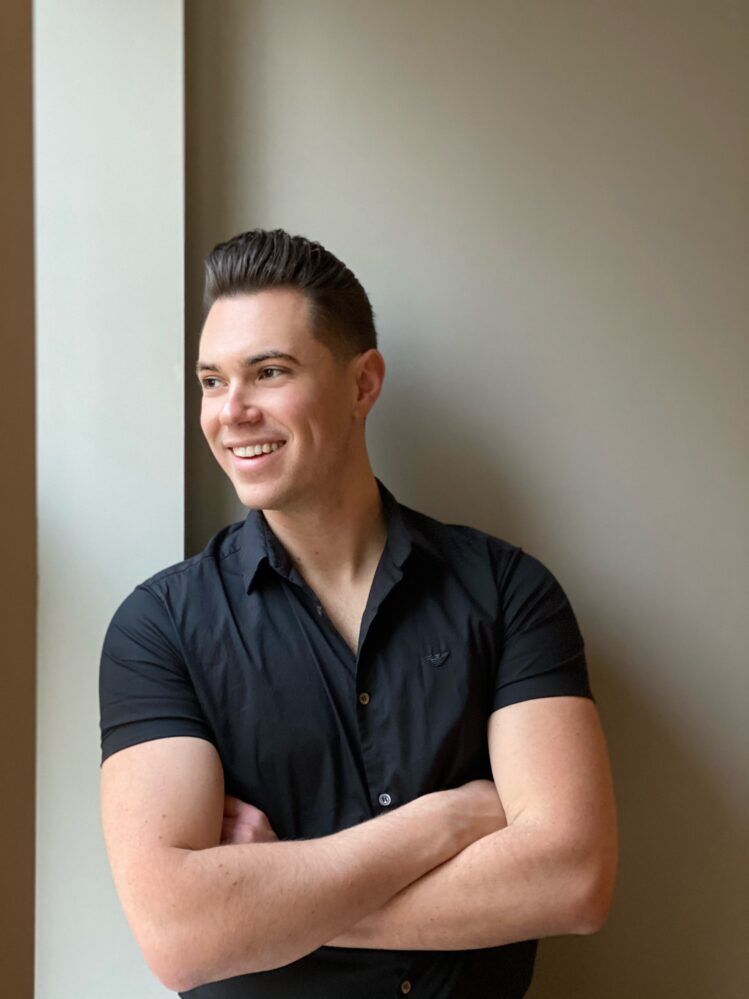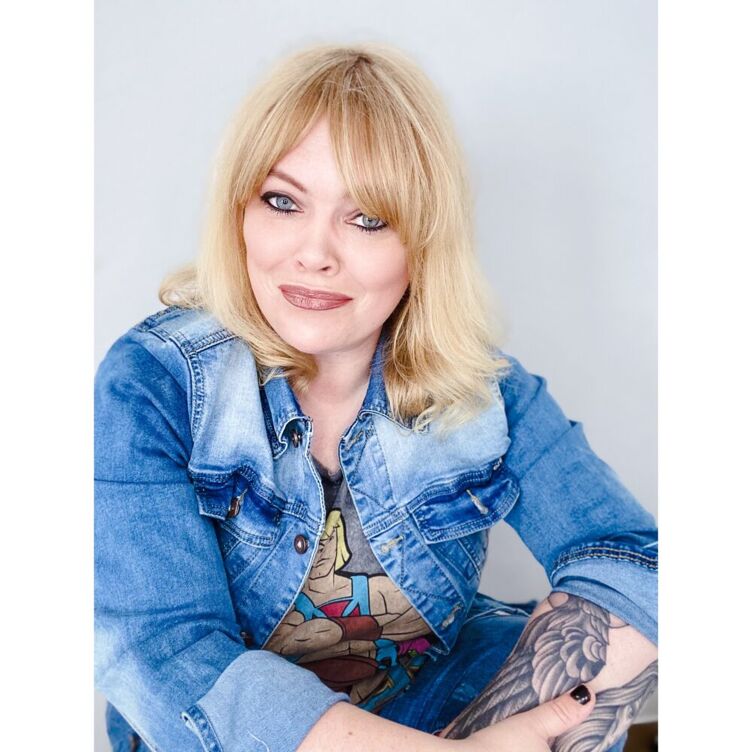Discrimination against LGBTQ+ people is prevalent in the workplace. That’s no secret.
According to a 2021 report, nearly half of LGBTQ+ workers have experienced unfair treatment at work at some point in their lives. LGBTQ+ employees of color were also more likely to report verbal harassment and being denied jobs.
Related:
The challenging road to recovery for LGBTQ+ people who are injured at work
It’s time we stop treating the essential as expendable. These human workers deserve better.
What’s more, many LGBTQ+ employees reported engaging in “covering” behaviors to avoid harassment or discrimination at work.
Never Miss a Beat
Subscribe to our newsletter to stay ahead of the latest LGBTQ+ political news and insights.
While these statistics are alarming, it’s important to hear the real stories of the people behind them. LGBTQ Nation spoke to members of the community about their experiences as openly queer employees, as well as about what desperately needs to change.
Jamie Love, 28, is the CEO and founder of the diversity-driven marketing agency Monumental, where he ensures diversity is at the core of everything they do. But it hasn’t always been this way. Jamie received a lot of rejection when previously applying for jobs.
“Most of the discrimination I have faced during my career is when interviewing for roles and the feedback I would get after the interview,” he begins.
“My first experience, when interviewing for a marketing role, was seeing the interviewers being physically taken aback when I walked into the room. I knew, right there on the spot, that I wasn’t going to get the job.
“As the interview progressed, the general demeanor of the interviewer continued to change as they learned more about me and my personality. Then, the questions began to evolve, too, due to my appearance – I was suddenly being asked about how authoritative I would be when leading a team, as if how I looked would affect that.”
As a result, Jamie was worried that he wouldn’t ever be able to be himself during a job application process and would always have to conceal his sexuality from colleagues.
“I couldn’t really challenge it as it was at interviews. I was worried that, if I informed the recruiters, they would avoid putting me forward as I might have been seen as too sensitive or problematic,” he adds.
Thankfully, his workforce nowadays is inclusive and accepting, but his experience showed him that there are occasions when people on the front line “might not represent the views of the organization or wider team.”
On what needs to change, he explains that companies must “assess people on their views and realize that these views will impact more than just their staff photo.”.
“I think companies need to encourage an environment where values are shared more than interests and appearance. We’ve all got a job to do, and if someone is capable, they should be championed and supported – regardless of their appearance, sexual orientation, or anything else that makes them different.”

Linda Coogan Byrne, 39, is a music consultant, publicist, and music manager who’s worked in the music industry for over 20 years.
Throughout her career, Linda has found herself in many situations where she was subjected to sexual harassment and anti-LGBTQ+ discrimination by producers, DJs, band members, and researchers.
“The common jibes would be ‘what a waste to men’, ‘all you need is a good ride’, and ‘such a pity you bat on the other side of the court’, followed by wandering hands at events, in studios, and in open spaces,” she shares, adding that men would often claim they could “change” her as a lesbian by having sex with her.
“It didn’t matter how many times I would insist I was quite ok with my sexuality and identity,” she says.
Despite being able to defend herself, Linda recognizes that not every LGBTQ+ person can, out of fear of losing their job.
“The pressure workplaces can have on a person are heavy, and speaking out can often only lead to further discrimination or being called ‘difficult’ to work with.”
So, what needs to be done? How can workplaces be made safer for queer women against sexual harassment, and for queer employees to be open about their sexuality?
“Out of fear, people who are LGBTQ spend a lot of time hiding who they are, trying to cover themselves up. When that fear is removed and people are free to be their best selves at work, where could this energy go? Doing their jobs better!” Linda declares.
She now trains other teams of people and encourages them to examine their biases.
“I think this is primarily what’s needed to make things better. Asking important questions such as: Is there a way you perceive people around you? Is straight the default? Is there a specific way LGBTQ people behave and dress? By understanding your own biases, you will be able to make more informed decisions. Establishing friendships and working relationships with people who are different from you can also help you combat these biases.”

So, with 26% of LGBTQ+ employees saying they are not out to co-workers, and 50% saying they don’t feel able to come out to a supervisor, alongside the powerful lived experiences of members of the community, it’s clear something has to shift.
LGBTQ+ people repeatedly leave jobs due to mistreatment from an employer, although many often don’t even deem themselves worthy of applying for roles in the first place.
Harassment and bullying of queer workers shouldn’t be normalized, nor should perpetrators be able to get off lightly. It’s time to tackle the issue, starting right at the top.
Don't forget to share:














